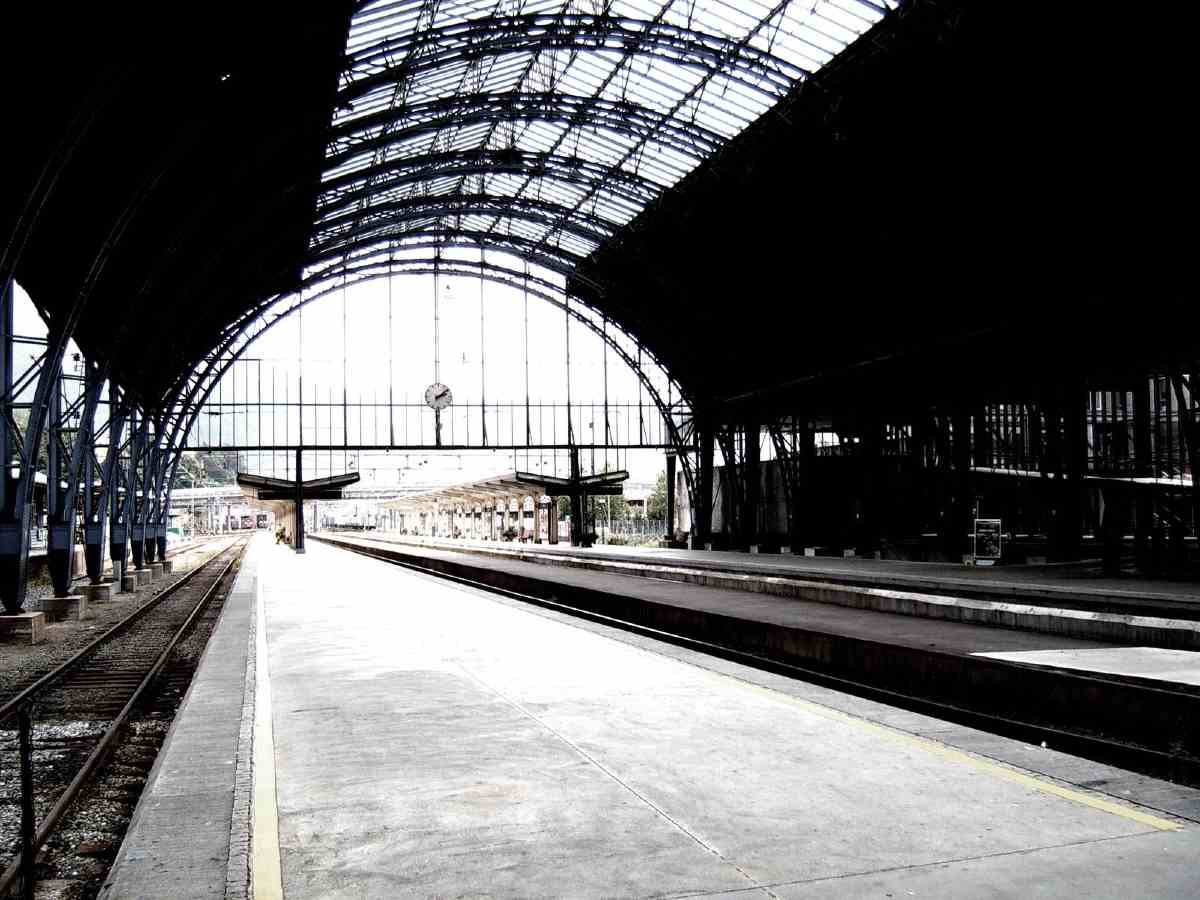Train Strikes: What You Need to Know
More tain strikes are on the way. There will be another train strike in August and the next one will be in September.
Train strikes in the UK have been causing disruptions and frustrations for passengers due to ongoing disputes between rail unions and train companies. The RMT union want better pay and working conditions for their members.
When are the Next Train Strikes?
When are the Next Train Strikes? The next round of strikes is set to take place on two dates: August 26 and September 2. These strikes are expected to involve workers from 14 different train companies across the country.
With workers from various rail firms participating in the strikes, it is likely that rail travel will be heavily affected. Passengers should anticipate widespread disruptions and potential cancellations of train services. To stay informed about how the strikes will impact your journey, it is recommended to check the National Rail website for updates on service disruptions.
During the strikes, it is expected that there may be some disruption in the afternoon and evening on the day before each strike, as well as on the morning of the day after. Trains and drivers may not be in their planned positions due to the strikes, causing delays and changes to schedules.
The RMT and their members are losing support over their strikes. Not only is it affecting those people going to work in places like Manchester, London, and Boston, but it is also affecting tourism in such areas as Skegness, Lincoln, Blackpool, Devon, and Cleethorpes.
The RMT argue that their members pay should reflect the rising cost of living, especially with inflation rates recently exceeding 10%. However, the rail industry is also facing financial challenges due to the impact of the pandemic, which has led to a need for cost-saving measures.
The industry insists that changes to working practices are necessary to improve efficiency and justify pay increases. However, the unions are not satisfied with the proposed changes.
One of the key points between the unions and rail operators is the proposed changes to working practices. The rail industry aims to modernize and streamline its operations by implementing new technologies and more efficient team structures. However, unions fear that these changes may lead to job cuts, jeopardizing the job security of rail workers.
The pandemic has significantly altered commuting patterns, with fewer commuters and a shift in peak travel times. This has prompted rail companies to reassess their working practices and adapt to the changing landscape. While the industry argues that these changes are necessary for long-term sustainability, unions are concerned about the potential negative impact on their members.

When will the rail strikes end?
Unless a resolution is reached regarding pay, job security, and working conditions, the strikes may continue throughout the rest of 2023. The ongoing disputes between the unions and rail operators indicate that a swift resolution is unlikely.
Statements from Rail Chiefs and Unions
Mick Whelan, the general secretary of the ASLEF union, expressed dissatisfaction with the proposed pay offer of four percent per year for two years, stating that it does not adequately account for inflation. He also highlighted the lack of pay increases for ASLEF members in recent years.
Mick Lynch, the general secretary of the RMT union, criticized the government for not arranging meetings or presenting acceptable offers to resolve the dispute. He emphasized the government’s role in restricting the rail companies from providing a comprehensive package to settle the ongoing conflicts.
How much are rail workers paid?
The average salary of rail workers in 2022 was £45,919, according to the Office for National Statistics (ONS).
Transport Minister Huw Merriman said the pay of train drivers “has gone up by 39% since 2011… the highest increase of any employment group.”
Do train workers get paid when on strike?
During a strike, UK law does not require employers to pay employees who participate in industrial action. However, some unions, like the RMT, have funds in place to provide strike pay to their members. This financial support helps workers who are on strike to cover their expenses during the period of industrial action.
Is the Eurostar affected by the train strikes?
Eurostar has confirmed that its timetable will not be affected by the train strikes. However, if you have connecting journeys within the UK, it is advisable to check the status of those services before your departure. It is also recommended to allow extra time when traveling to and from London on strike days, as there may be additional congestion and delays.
Can I get a refund if my train is cancelled?
If your train is cancelled, delayed, or rescheduled due to the strikes, you are entitled to a change or refund from the original retailer of your ticket.
- Be entitled to a change or refund from the original retailer of your ticket
- Be able to use your ticket with another train company or an alternative route if it is available
It is advisable to check with the relevant train operators for detailed information on refunds and alternative travel arrangements.


